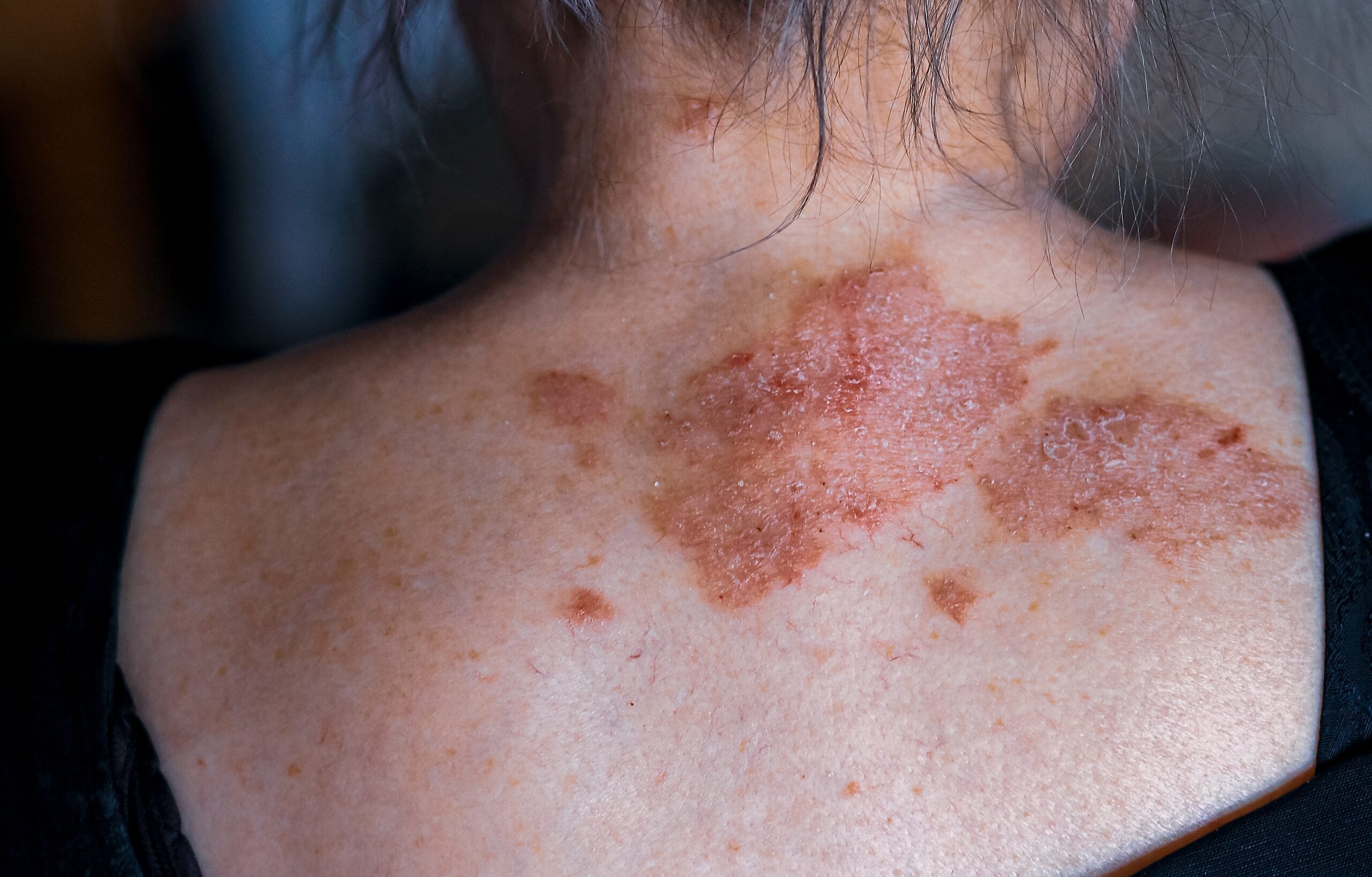Erythroderma, characterized by widespread skin reddening, is a highly severe and potentially fatal skin condition. It can stem from various sources, such as inflammatory skin diseases, certain medications, and malignancies with psoriasis being the cause in approximately one-third of cases.
Erythrodermic psoriasis can be triggered by several factors, including infections, low calcium levels, stopping the use of oral corticosteroids like prednisone, ceasing the excessive use of strong topical corticosteroids, using potent coal tar preparations, taking specific medications such as lithium, antimalarials, and interleukin II, and consuming excessive amounts of alcohol.
This type of psoriasis often occurs in individuals who have an existing case of psoriasis that is either worsening or unstable. However, in rare cases, it might be the first sign of psoriasis. The onset can happen rapidly, within a few days to weeks, or more gradually, developing over several months from existing psoriasis. The condition manifests with symptoms typical of erythroderma, displaying red, dry skin all over the body.
Complications arising from erythrodermic psoriasis are serious and can include dehydration, heart failure, infections, hypothermia, protein loss leading to malnutrition, swelling particularly in the lower legs, and extreme cases, death.
Treating erythrodermic psoriasis can be challenging. The management of this condition generally involves hospitalization for supportive care, which includes intravenous fluids and regulating body temperature; applying bland emollients and cooling wet dressings; ensuring the patient has bed rest, and treating any complications that may arise, such as using antibiotics, diuretics (water tablets), and providing nutritional support. Treatments may also include low doses of methotrexate, ciclosporin, or acitretin. There have been reports of successful treatments in individual cases using biological agents, including TNF-alpha inhibitors like adalimumab, etanercept, infliximab, the IL12/23 inhibitor ustekinumab, and the IL17 inhibitor bimekizumab.
If possible, oral corticosteroids should be avoided as their withdrawal can worsen the erythrodermic condition and may lead to generalized pustular psoriasis. However, they are sometimes the only effective treatment option. In the early stages of treating erythrodermic psoriasis, topical tar preparations and phototherapy should also be avoided, as they can exacerbate the condition.



